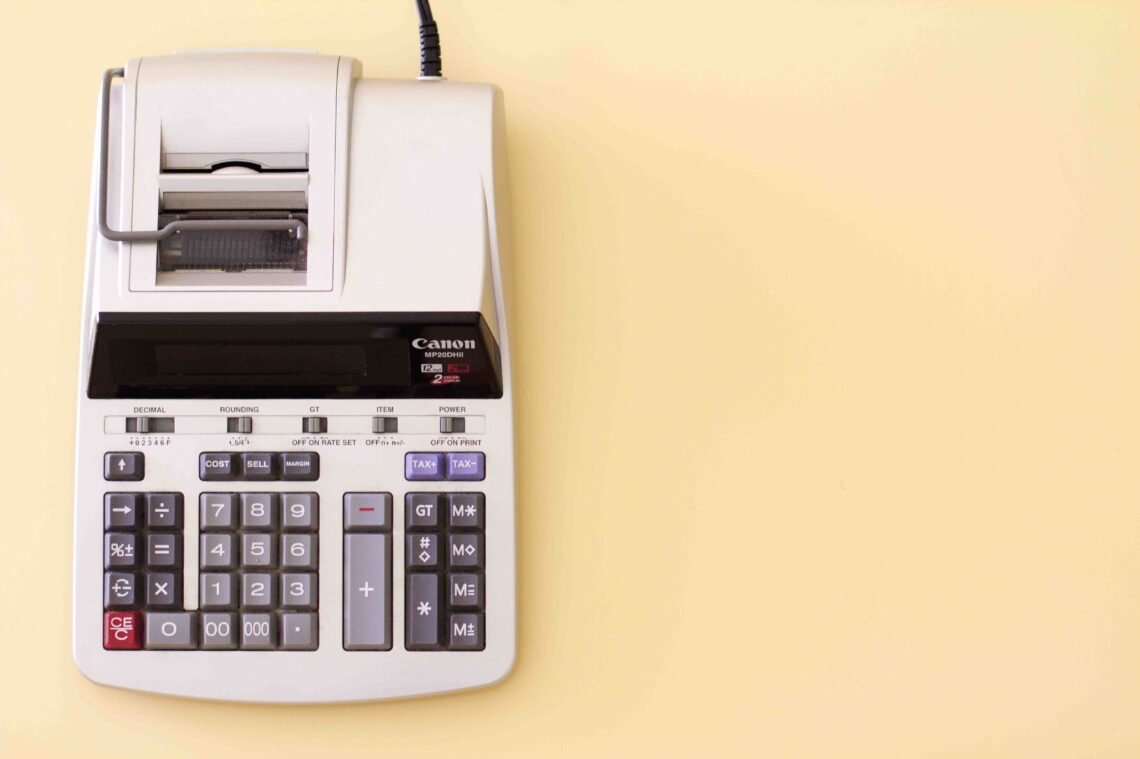
Create a travel budget that works for you
The most important part of creating a travel budget is determining the kind of trip you want to take, so that you can plan accordingly. You don’t want to underfund your trip, but it’s hard to save when spending is limited. Fortunately, a budget can help you figure out what sort of trip your finances will allow and how much you need to save to make it happen. Travel hacks on the road will help here and there, but the bulk of your savings will be determined by the decisions you make before you go.
Pick a place
Making a choice on where to visit will set the initial benchmark for your budget. This doesn’t necessarily determine how much you will spend, but it does give you an indication of how far your money will go. For instance, paying for a multi-day hike will cost a lot more in Switzerland than it will in Peru. Choosing a country with cheaper tourism gives you more control over the amount you spend while also allowing you to partake in activities that you might not have been able to afford in more expensive places.
Pick a time
Tourist seasons vary from country to country, so check a country’s high and low periods to determine the cheapest time to go. In addition to saving money, travelling during low season allows you the freedom to book activities last-minute and make adjustments to your travel itinerary without risking issues like finding available accommodation. Keep in mind that in many places, low season also means rainy season, so be sure to look into this before you go.
Create multiple budgets
No matter how cheaply you think you’ve planned your trip, it is likely going to cost more than you think it will. Taking the time to check average hostel and Airbnb prices will go a long way in giving you a realistic idea of what you’re going to spend. The same goes for checking average food prices, transit prices and the price of a beer.
It helps to categorize your budgets into five sections: Accommodation, food and drink, transit, attractions, and shopping. This will give you a rough idea of where your money is going and will allow you to customize spending. If you have limited funds and don’t mind staying in cheap accommodation, cut this budget to a bare minimum and use the extra money on a category that is important to you. Framing your trip in this way will allow you to understand your priorities and ensure you’re getting the most out of your time away.
Get a travel card
Admittedly, it can take a while to acquire the points needed for a long-haul flight across the world, but it’s worth having one when you consider that fees on travel cards are usually low, if not free in many cases. The best card for you depends on your individual financial situation, so be sure to compare cards before deciding which one you want to get. Cards with no foreign withdrawal fees are also a fantastic way to save money for those who qualify, though it should be noted that users are required to have a minimum income of $15,000 per year.
Travel for free (almost)
- Workaway: This is a fantastic resource for those looking to immerse in local culture and travel for free. The platform connects hosts offering free room and board to travellers in exchange for work. With opportunities ranging from building projects to hostel work, Workaway is leading the industry in terms of variety and organization. Websites like WWOOF, HelpX and Hippohelp are also available if you want to look further.
- YYZ Deals: This is a website dedicated to finding abnormally cheap flights to various destinations around the globe. If you aren’t picky about where you want to go, check it out to see if any current destinations pique your interest.
- BlaBlaCar: This European ride sharing site can be a great way to get around the continent at little to no expense. Drivers posting ride offers from city to city will charge a fee, but it usually isn’t much more than gas money. The only thing to note with this system is pick-ups can sometimes be difficult, depending on the driver you get. Some are happy to meet you at your accommodation, but others will ask you to journey to them. This can be tricky in unknown surroundings, so decide if the savings are worth the potential inconvenience.
- Student and Youth Cards: Don’t forget your student card when travelling abroad. You’ll be entitled to discounts at many attractions, especially in Europe and North America. If you do not have a student card, youth cards are also available to anyone under 30 via the International Youth Travel Card (IYTC) for a fee of $20 a year.
About the author
Dana Hall is the previous contributing editor and journalist for Youth Mind and the Newcomer. She enjoys climbing mountains and talking to her plants. Every once in a while, she tries an olive in hopes that she’s developed a taste for them.






